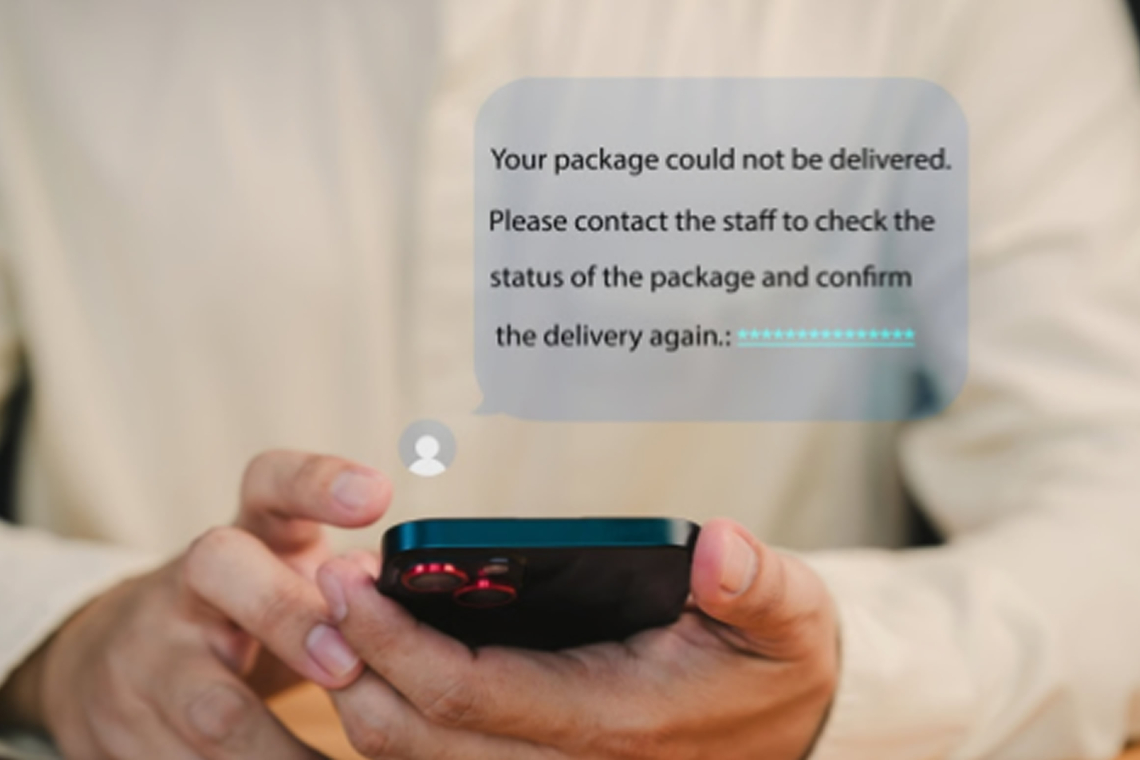Police are warning the public about SMS "blasters" following the sentencing of a man to over a year in prison for using one to send fraudulent messages.
An SMS blaster allows criminals to send mass text messages without needing recipients' phone numbers and can bypass anti-spam protections. These devices lure mobile phones away from legitimate networks by broadcasting a stronger signal, connecting them to the attacker’s equipment instead. Once connected, attackers can fully customize the message to mimic legitimate communications from trusted organizations.
This week, Chinese student Ruichen Xiong was sentenced to more than a year in jail after driving around London with an SMS blaster between March 22 and 27, 2025. The device, hidden in the trunk of a black Honda CR-V, was used to send fraudulent messages to tens of thousands of potential victims.
In a surprising twist, one of the police officers sent to arrest Xiong received a scam text on his phone, appearing to be from HM Revenue and Customs and asking for personal information to process a fake refund.
These fraudulent messages often contain links that lead victims to phishing sites, where their personal details are harvested by scammers. A similar case occurred in 2024 when a man in Taiwan was caught operating an SMS blaster from a van. He sent over 100,000 phishing texts per hour to people in Bangkok, one of which read, “Your 9,268 points are about to expire! Hurry up and redeem your gift now.”
These kinds of attacks are referred to as "smishing"—phishing conducted through SMS messages disguised as legitimate communications from well-known companies.
To reduce the risk of falling victim, Google recommends that Android users disable 2G, while iPhone users can filter messages from unknown senders. In both the U.S. and the UK, suspicious texts can be forwarded to 7726 for review by mobile providers.
Virgin Media O2 has reported that it blocked more than 168 million scam texts over the past two years and continues to identify over 50 million suspected fraudulent calls each month.
“Criminals will go to great lengths to deceive the public,” said Murray Mackenzie, Director of Fraud Prevention at Virgin Media O2. “If you’re unsure about a message or call, do not respond. Instead, report it to 7726 for free so we can help protect you from scams.”
Found this article interesting? Follow us on X(Twitter) ,Threads and FaceBook to read more exclusive content we post.



